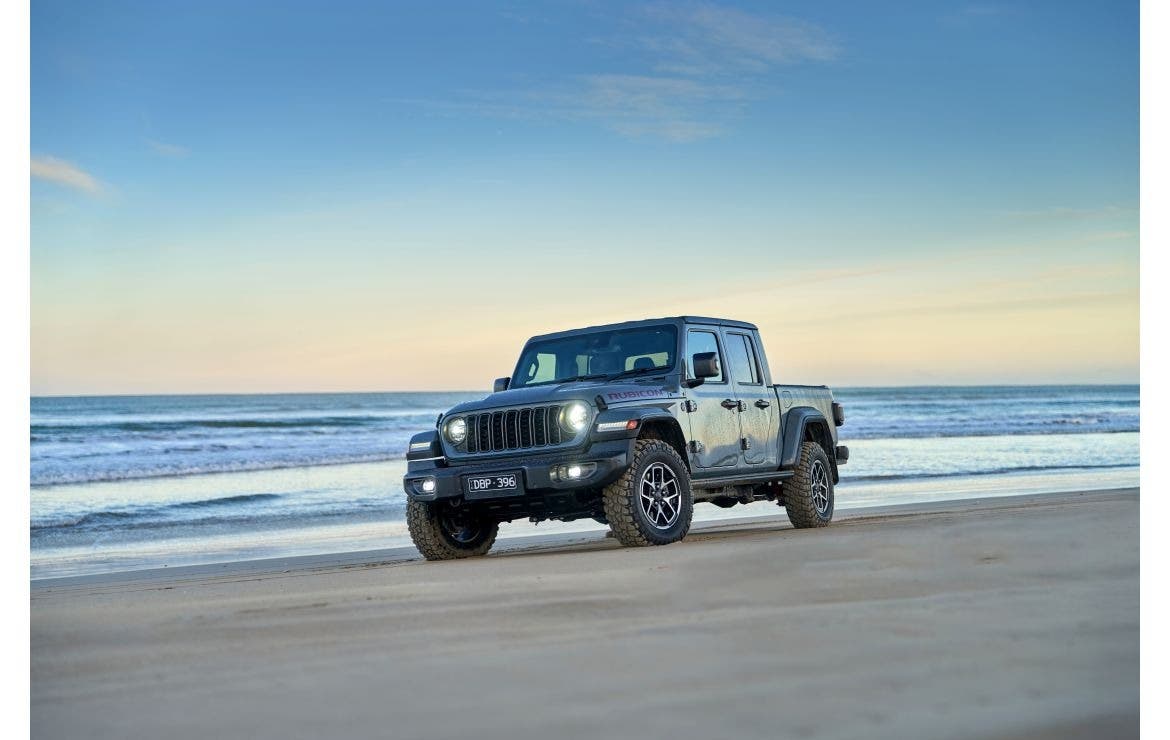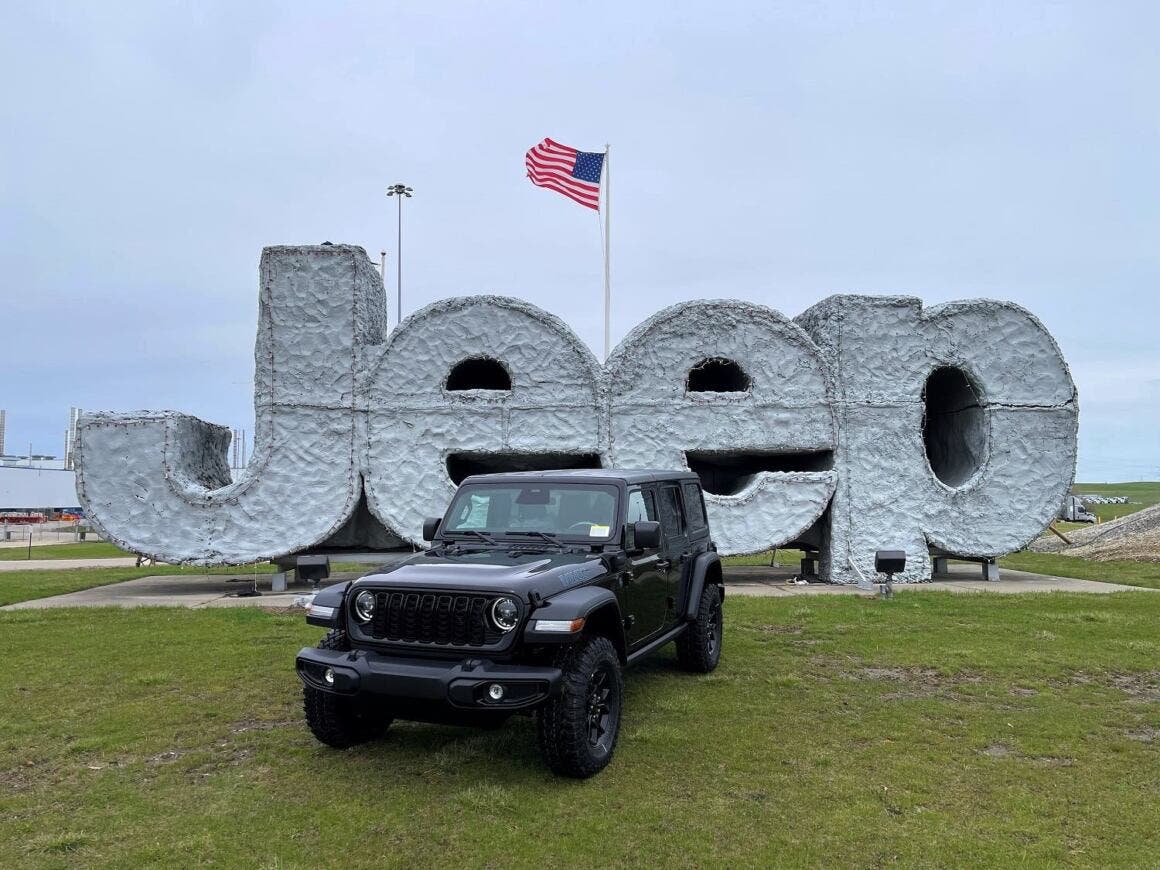There appears to be a shift in Jeep’s revised approach to vehicle electrification. According to the latest reports, Jeep has already canceled development plans for a plug-in hybrid variant of the well-known Gladiator pickup. This move is said to be part of a broader product policy revision at Stellantis, strongly influenced by its new CEO, Antonio Filosa, who previously served as Jeep’s CE and now shaping the brand’s electrification roadmap. The situation mirrors what happened with Ram, where Stellantis halted plans for a fully electric Ram 1500 pickup.
The news was confirmed by Jeep in an official statement, explaining that customer preferences regarding electrified pickups are changing rapidly. In response, the automaker decided to end development of the Gladiator’s electrified variant. Together with Ram, Jeep’s decision could signal a broader shift in Stellantis’ strategy toward a more cautious, customer-driven approach to the EV transition. Under the new management, Jeep appears committed to aligning more closely with the expectations and needs of its demanding customer base.
Jeep reportedly cancels Gladiator PHEV as Stellantis rethinks electrification strategy

Jeep remains one of the most iconic names in the American automotive industry. Yet, the push toward electrification, combined with rising prices linked to Stellantis’ premium-focused strategy, has faced strong resistance, particularly from purists who make up a significant portion of Jeep’s off-road customer base. The brand’s U.S. sales and market share have dropped sharply in recent years.
Even the Gladiator itself saw sales decline before recovering somewhat last year, thanks to aggressive price cuts introduced in the first half of the year. Still, while priorities have shifted, Jeep will not abandon electrification altogether: plug-in hybrid variants of the Wrangler and Grand Cherokee will remain available.
At the same time, Stellantis has confirmed that Hemi V8 engines will continue to be offered in Jeep models, despite earlier plans to phase them out due to environmental regulations. The group’s goal is to keep profitability high while pursuing a more gradual, measured transition, especially for models typically used as work vehicles.
